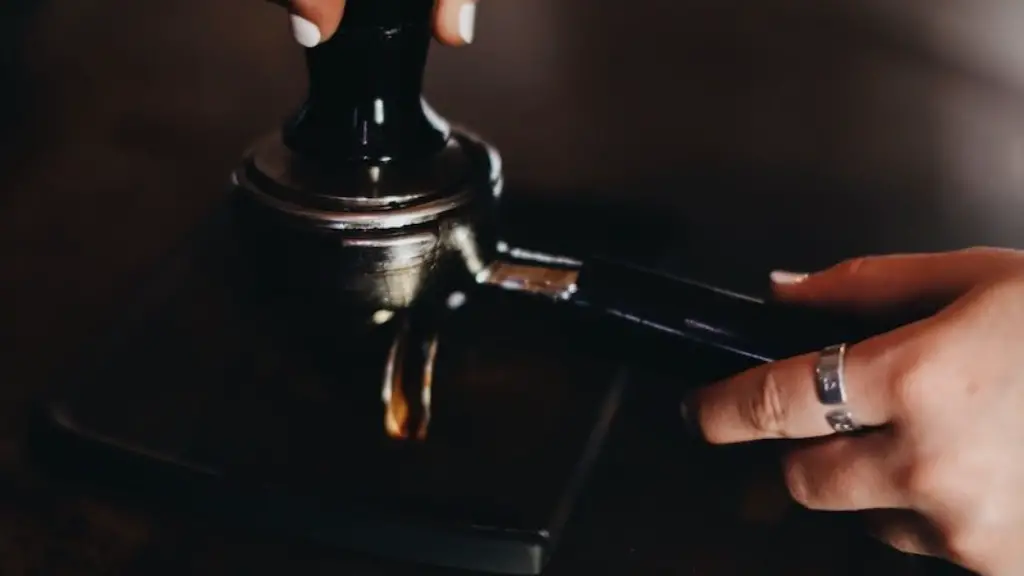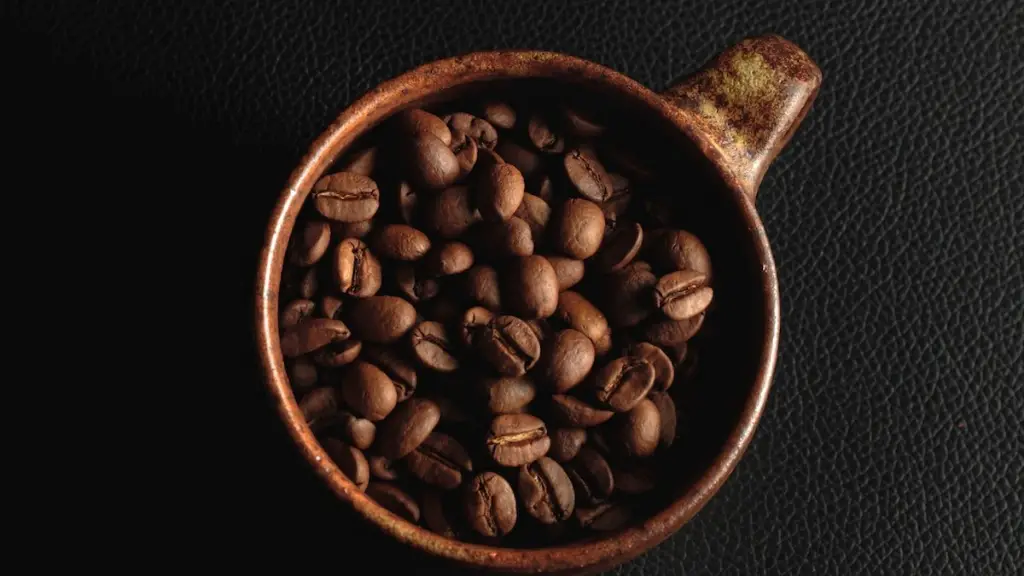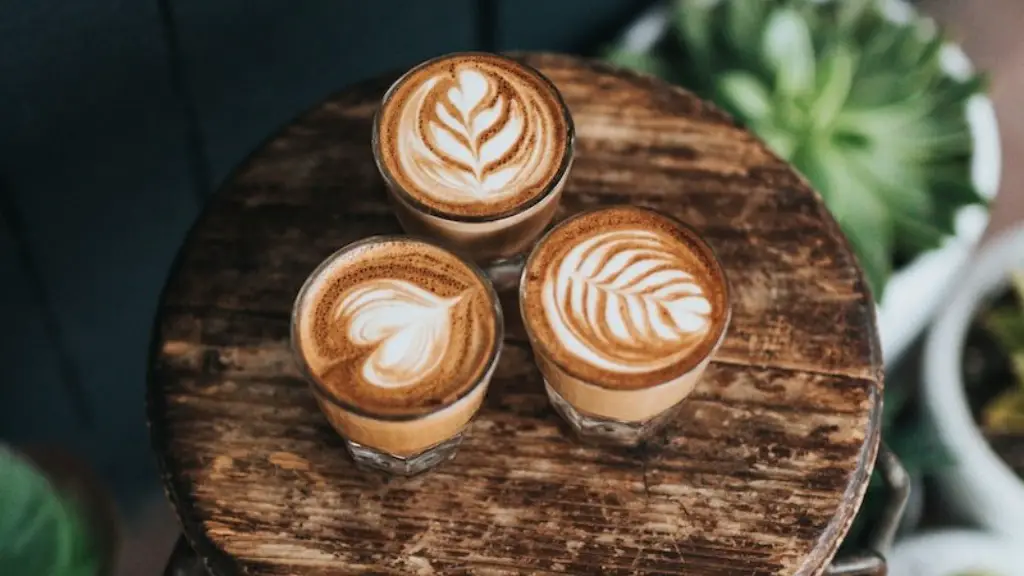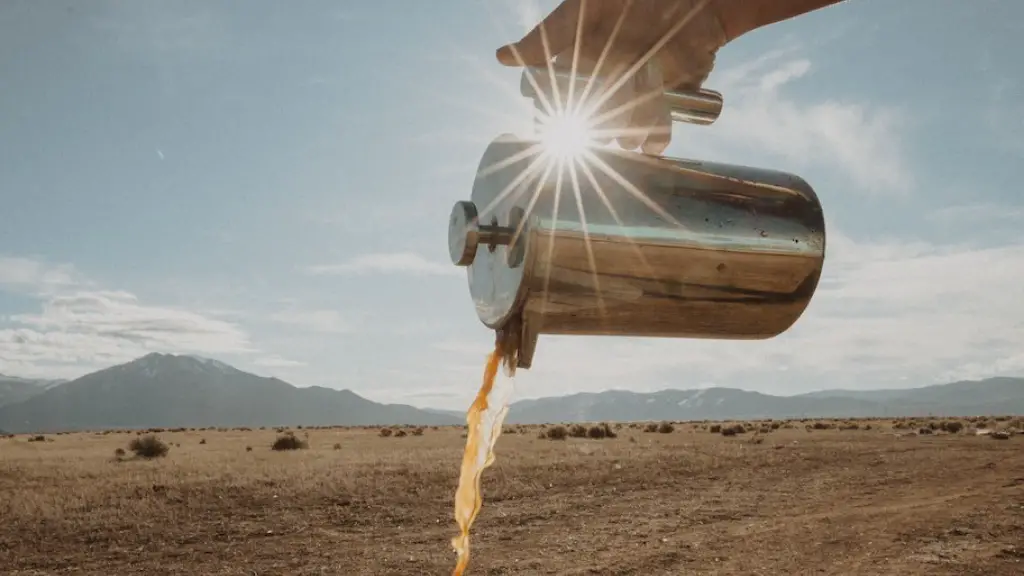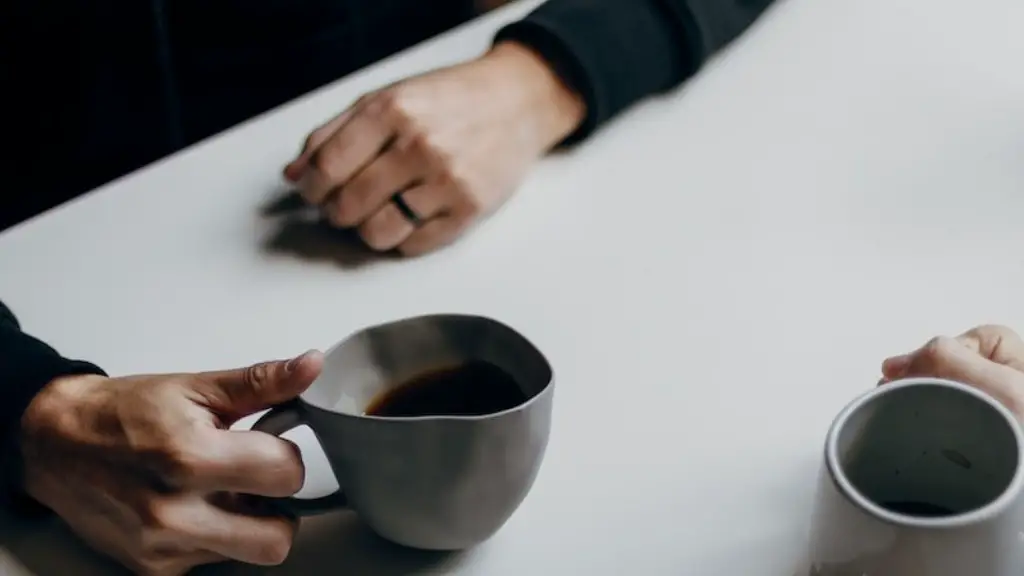How Starbucks Makes Decaf Coffee
When folks in the know are looking for coffee on the go, Starbucks is often their first choice. But when it comes to decaf coffee, what’s the story behind the popular coffee chain? Does Starbucks make decaf coffee, and if so, how do they do it?
As you probably already know, regular coffee beans are naturally caffeinated, but Starbucks ensures that their decaf beans are stripped of their caffeine content. In order to do this, they use a superior decaffeination process.
Why is Starbucks Preferred Over Regular Coffee?
When it comes to decaffeination, Starbucks goes out of their way to use a superior process. They’re the only coffee chain to do so and boast of using the highest quality beans with superior consistency.
Furthermore, they test batches of decaffeinated beans to verify and validate their caffeine-free promise. The beans that meet the required quality assurance standards are then ground and bagged as decaffeinated.
Not only is Starbucks picky about the beans they use, but they also use the most advanced roasting and flavor protection techniques available to ensure that their decaf coffee doesn’t lack any of the flavor and strength of their original beans.
For those that are looking for the same high quality of Starbucks coffee, but without the caffeine content, decaf coffee from Starbucks is the perfect option.
How Starbucks Decaffeinates Coffee Beans
For those coffee aficionados that are curious about the decaffeination process, this is how Starbucks does it in a nutshell. By using the finest spring water and natural coffee extracts, Starbucks combines a two-stage process to decaffeinate their coffee beans.
The first stage involves immersing the coffee beans in hot water. This process allows the water to absorb the coffee oils and caffeine that is present in the beans. Then, the beans are then soaked with a natural coffee extract that captures the caffeine, while allowing the flavor components to remain in the beans.
The second stage is the carbon dioxide (CO2) process, which involves passing carbon dioxide through the coffee beans. This process helps to strip the caffeine from the beans, while preserving their flavor and aroma – which is the hallmark of Starbucks coffee.
Sustainability
Starbucks is aware of their responsibility to the environment, and this is where their sustainability efforts come in. It is their mission to make sure that their coffee production is sustainable and of the highest quality. To do this, they work with suppliers who use Fair Trade certified coffees.
The Fair Trade certified coffees are grown using traditional organic farming methods, with no artificial fertilizers, chemicals or preservatives used. This helps to ensure that the coffee beans retain their natural flavor and aroma, while also providing an added benefit to disadvantaged farmers in developing nations.
Additionally, Starbucks works with these same suppliers to ensure that the decaffeination process is ethical, and that the coffee beans are decaffeinated without the use of harmful chemicals.
Verifying Quality
When it comes to quality control, Starbucks is one of the best in the industry. They test every batch of coffee beans to ensure that their decaffeinated coffee is indeed free of caffeine. Furthermore, they test the beans through a process known as High-Performance Liquid Chromatography (HPLC).
This process involves running a sample of the beans through a powerful liquid chromatography machine, which separates the caffeine from the other compounds in the coffee. The results then help to verify that the beans are indeed decaffeinated.
So the next time you order decaf coffee at Starbucks, you can rest assured that you’re getting a true, caffeine-free cup of joe.
The Different Types of Decaf Offered By Starbucks
For those that are looking to switch from regular coffee to decaffeinated coffee, Starbucks has plenty of options to choose from. Their various decaffeinated blends include Pike Place Roast, Veranda Blend Blonde Roast, Colombia Decaf and our favorite, the decaffeinated French Roast.
Starbucks also offer decaffeinated espresso drinks, such as the latte, cappuccino, macchiato and Americano. If you’re looking for something a bit sweeter, try their decaf caramel macchiato or decaf mocha.
Starbucks also offers a wide selection of tea drinks, such as the Irish Breakfast Tea, Jasmine Green Tea, Earl Grey Tea and Chamomile Tea, all of which are decaffeinated.
High Caffeine Content in Decaffinated Coffee
Even though Starbucks takes great care in ensuring their decaffeination process, the coffee beans still contain a certain amount of caffeine.
According to the European Food Safety Authority, decaffeinated coffee contains an average of 1 – 2.5% caffeine by weight. Therefore, if you’re looking for a true zero-caffeine cup of joe, decaf probably isn’t the best option for you.
If you’re still looking for a caffeine-free option, try out one of Starbucks decaf herbal or fruit teas, such as the Mint Infusion, Pomegranate Herbal Tea, or the Orange Peach Blossom Herbal Tea.
Bottom Line
Starbucks offers an excellent selection of decaf coffee, tea, and espresso drinks. By using the finest beans, they provide a great selection of decaffeinated beverages that are of the highest quality.
Their commitment to sustainability and quality also helps to ensure that consumers are getting the best possible product, every time they order a decaf.
Comparing Regular Coffee and Decaf
In the world of coffee, there is a big difference between regular coffee and decaffeinated coffee. While regular coffee has been studied extensively, decaffeinated coffee has not. What research has been done, however, shows that decaffeinated coffee has a much lower level of antioxidants than regular coffee does.
Furthermore, because regular coffee has more caffeine, it generally has a stronger flavor. Decaffeinated coffee, on the other hand, can often have a milder flavor due to its low caffeine content.
Ultimately, however, the choice between regular and decaffeinated coffee comes down to personal preference. Whether you choose regular coffee for its bold flavor and undeniable health benefits, or decaffeinated coffee for its milder flavor and lower caffeine content, Starbucks has an option for you.
The Various Types Of Decaffeination Methods
When considering the decaffeination process, there are a few different methods that can be used. The most common method is the chemical extraction of caffeine from the bean. This method is usually used for coffee beans that are already roasted.
The second method, called the direct solvent method, involves immersing the coffee beans in a solvent for a certain period of time. This method can be used for coffee beans that have not yet been roasted, as the solvent will help to remove the caffeine before the beans are roasted.
The third method, known as the Swiss Water Process, involves using activated charcoal filters to remove the caffeine molecules. This method is often used for specialty decaffeinated coffees that are of a higher quality.
The final method, known as the carbon dioxide extraction process, involves using carbon dioxide to extract the caffeine molecules from the coffee beans. This method is considered to be the safest and most efficient of all of the decaffeination methods, and is the one that Starbucks uses.
The Pros And Cons Of Decaf
Decaf coffee can have a lot of advantages for those looking for a low-caffeine option that still provides the flavor and aroma of regular coffee. The primary benefit of decaf coffee is that it provides all of the flavor, aroma and benefits of regular coffee, without the added kick of caffeine.
The downside of decaffeinated coffee, however, is that due to the process used to remove the caffeine, some of the flavor and antioxidant content of the coffee can be lost. Additionally, some brands of decaf can be more bitter due to the fact that they contain some residual caffeine.
Overall, however, decaf coffee can be a great option for those looking for a flavorful cup of joe that won’t keep them up all night. And, with Starbucks providing superior quality decaf coffee, you don’t have to worry about sacrificing taste for a low-caffeine cup of joe.
